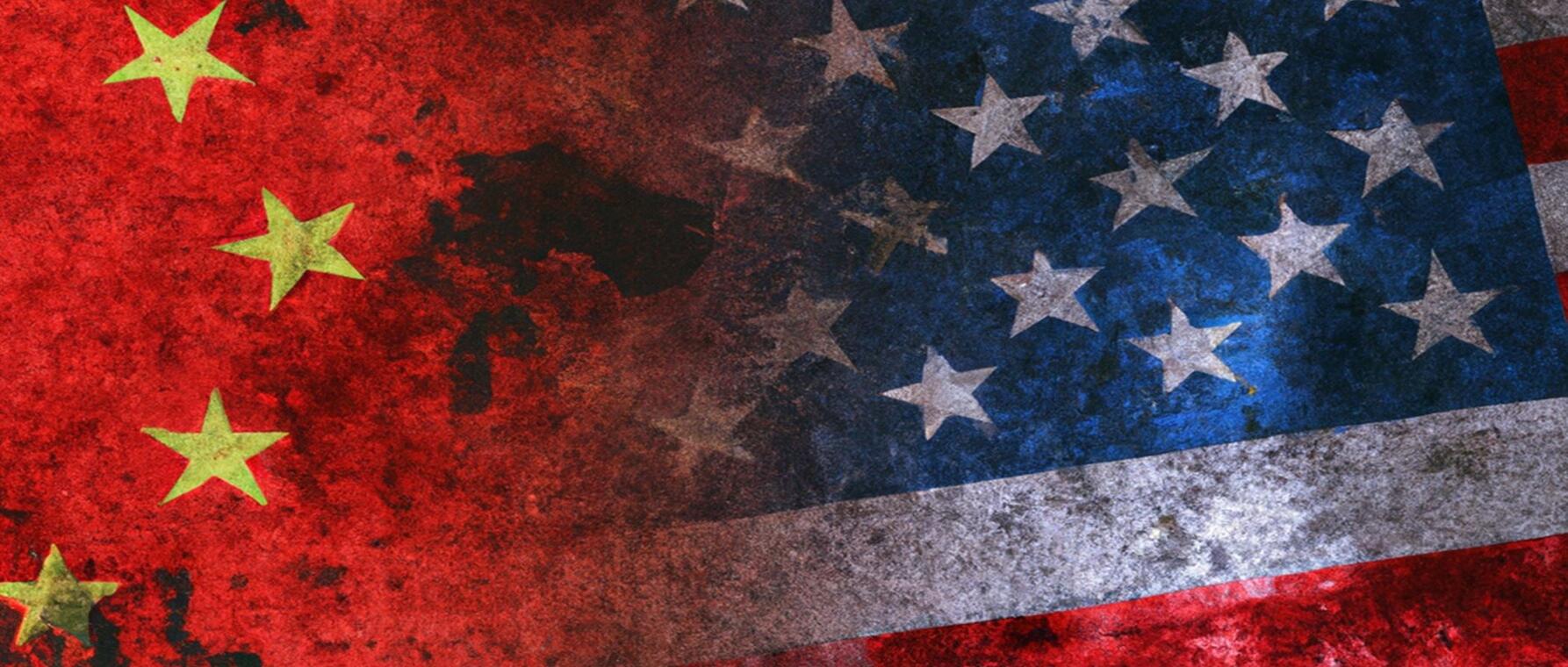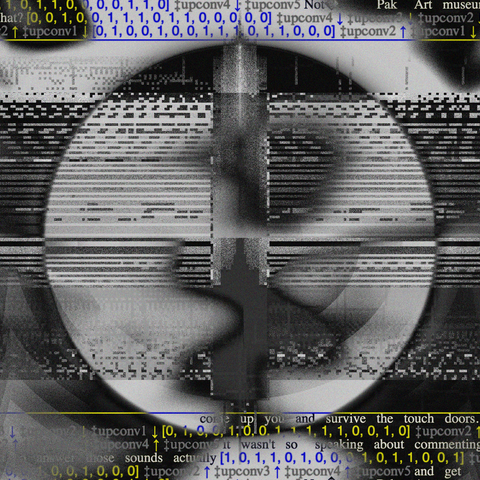Discussing the Thucydides Trap
Harvard Professor Graham Allison's trip to Beijing yields new insights into the fraught US-China relationship

In the wake of an intense nine-day tour of Beijing, Harvard's Douglas Dillon Professor of Government, Graham Allison, PhD ’68, has returned with fresh insights into the complex and evolving relationship between the United States and China. Allison, a renowned scholar at Harvard Kennedy School and former director of the Belfer Center for Science and International Affairs, has spent much of his recent career studying the rise of China and the potential implications for the global balance of power.

Central to Allison's work is the concept of the "Thucydides Trap," a term he coined in his book, Destined for War. It refers to the precarious situation when an ascending power threatens to displace an established one—a situation that historically has often led to war. As China continues to rise, challenging the global leadership of the United States, Allison says the idea feels more relevant than ever.
During his visit to Beijing, Allison and US business leaders engaged in discussions with Chinese leaders, including President Xi Jinping. "While [President Xi's] primary objective in the meeting was to emphasize that China is 'open for business,'” he wrote on social media, “he was also interested in engaging about the broader geopolitical relationship."
President Xi, in response to Allison's inquiry about the US-China relationship, offered a metaphor: "I am in you, and you are in me," then elaborated.
"What did I mean when I said the US and China should work towards a relationship where ‘I am in you, you are in me?’ The answer is ‘engagement,’” he said. “Through communication and cooperation, the US and China can become closely linked.
Xi said the same metaphor applied to the mindsets of the two nations’ citizens. “There will always be differences and disagreements because people—even within a family—are different,” he said. “However, the goal should be to seek common ground and keep the differences small. This is true between countries, households, and family members alike.”
President Xi concluded by saying that “the history of US-China relations is a history of friendly exchanges between our two peoples. The past was written by the people, and the future will be created by the people of our two nations. People from all walks of life in the US and China should increase exchanges and cooperation."
Allison's reflections on his discussions with President Xi and his observations of the current geopolitical climate underscore the complexity of the US-China relationship. He notes, "Across nearly every dimension—tech, trade, industry, military, and global influence—the US and China will be the fiercest competitors history has ever seen. But if war means suicide for both nations, then the central truth [US President Ronald Reagan] captured about nations with robust nuclear arsenals remains as true today as it was during the height of the Cold War: 'A nuclear war cannot be won and therefore must never be fought.'"
Allison emphasizes that the US and China exist in 21st-century conditions where each nation’s survival depends on cooperation from the other to address shared, existential challenges such as mutually assured destruction in the event of nuclear war, climate change, and global pandemics. This, he suggests, requires leaders in both countries to identify what former US Secretary of State Henry Kissinger, PhD ’54, called a new “strategic concept” that satisfies the contradictory imperatives to simultaneously compete and cooperate. This concept, he suggested, could be similar to the strategy employed during the Cold War, which allowed for competition without escalating to a "hot" war.
There will always be differences and disagreements because people—even within a family—are different. However, the goal should be to seek common ground and keep the differences small. This is true between countries, households, and family members alike.
—Chinese President Xi Jinping
Allison commended President Xi and US President Joe Biden for establishing a solid foundation for a stable, constructive relationship. While acknowledging the structural realities that make maintaining peace challenging, he remains optimistic about the potential for peaceful competition. “My purpose in Destined for War is not to be fatalistic,” he says. “In the last chapter, ‘12 Clues for Peace,’ I examine the instances when war was avoided. I also explore the times when people tried and failed to avoid war in order to consider what they might have done differently. For example, during the Cold War, leaders developed a strategy that allowed ruthless competition but avoided a ‘hot’ war. They used diplomacy and statecraft to compete vigorously in a multidecade rivalry. After four decades, the Soviet Union collapsed.”
Allison says a similar strategy could work for the United States and China. “If the two countries engage in peaceful competition in the coming decades, they might keep themselves from falling into the Thucydides Trap.”
Get the Latest Updates
Join Our Newsletter
Subscribe to Colloquy Podcast
Simplecast





